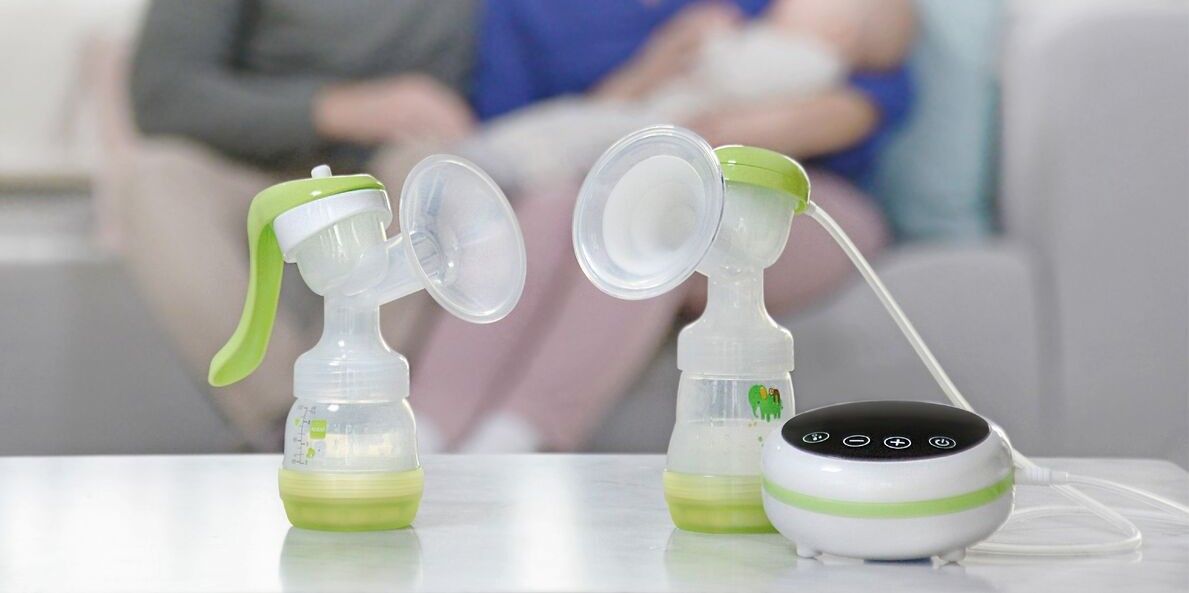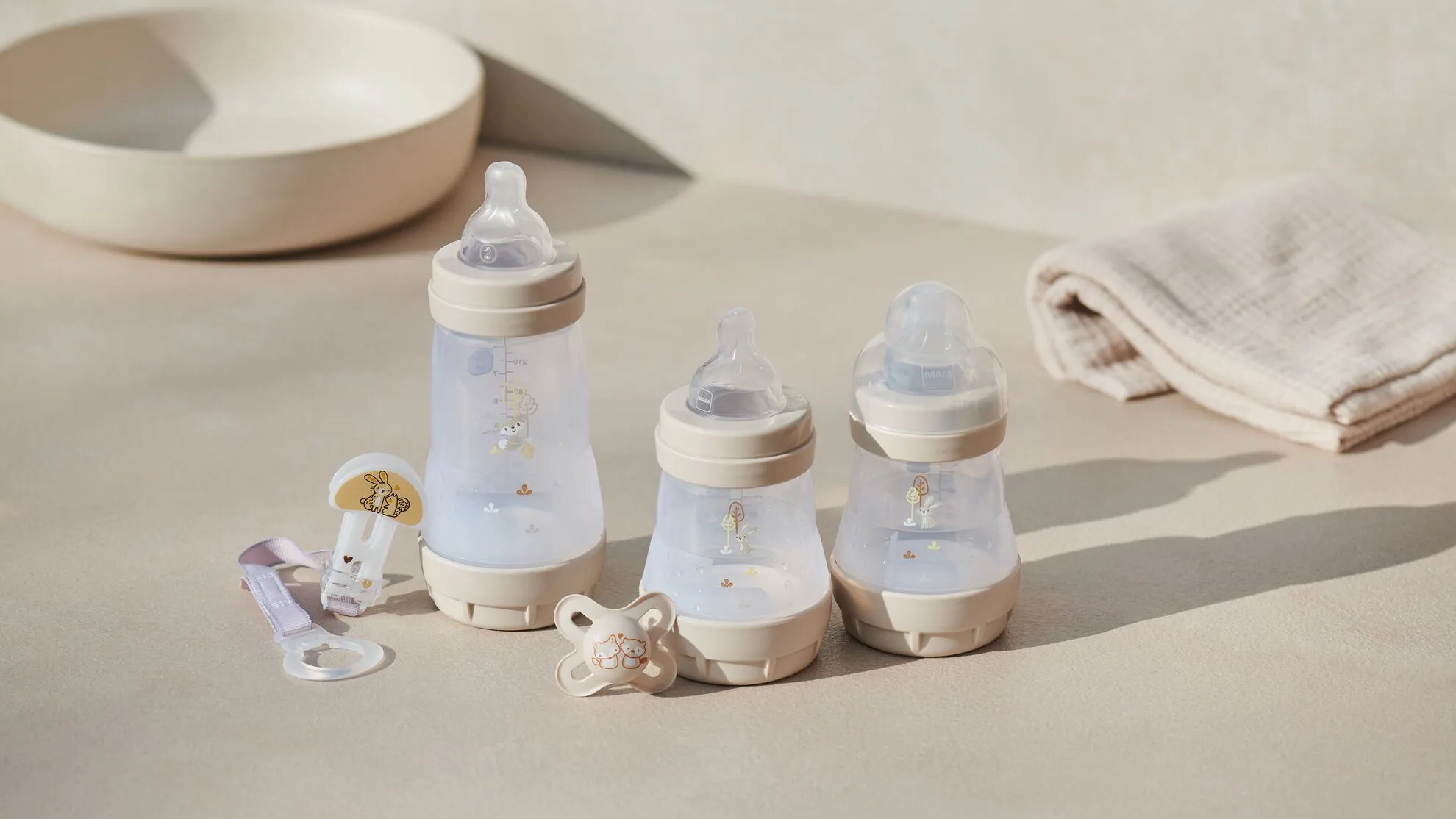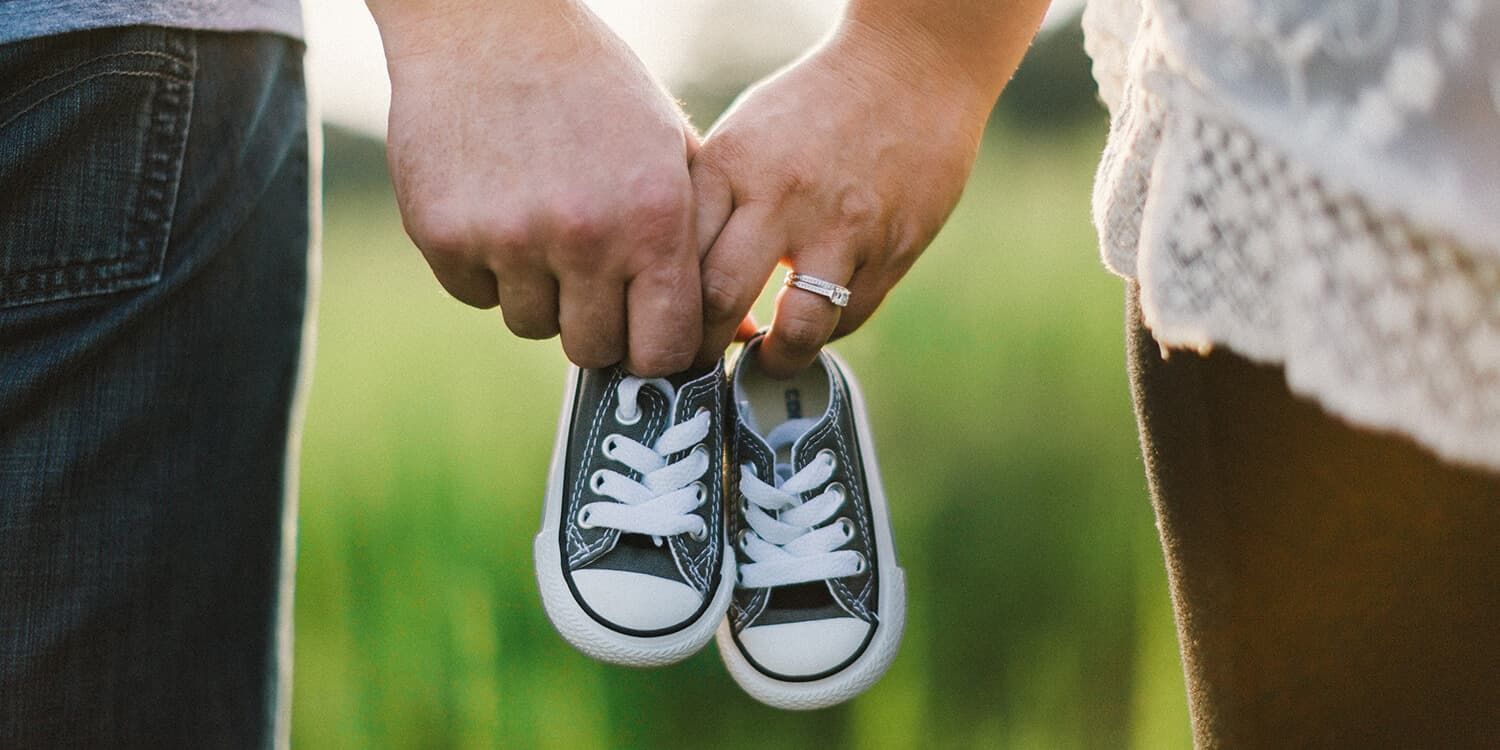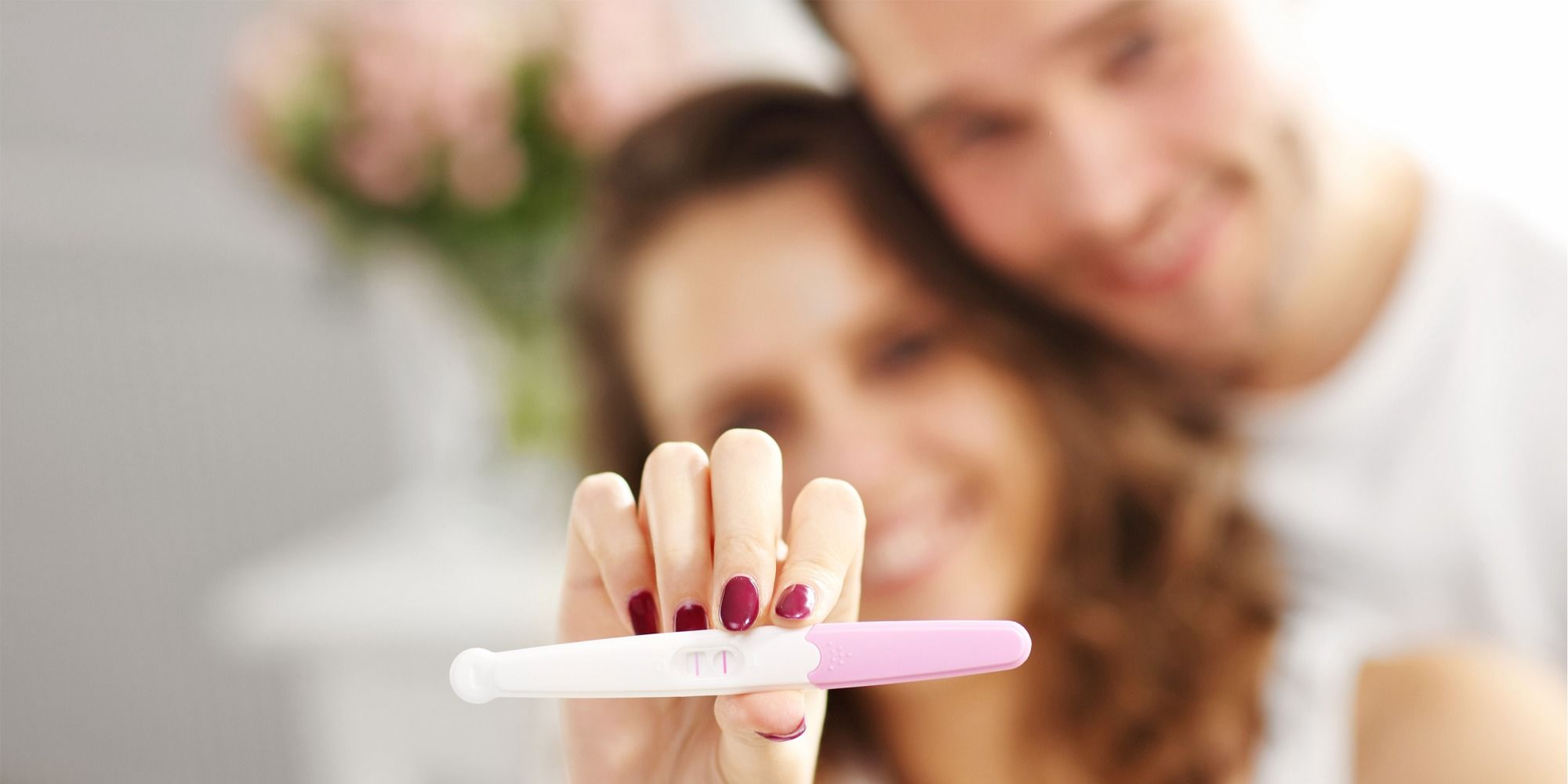The first trimester is coming to an end. There is still plenty of space in the amniotic sac, so your baby can enjoy its gymnastics! Read on to discover why you can do a little cautious jump for joy in the 11th week of pregnancy, and how the foetus's development is progressing.
What's going on inside you at 11 weeks pregnant?
Your baby’s face can now be seen very clearly and your baby is enjoying doing somersaults. This sometimes even happens during the ultrasound. These movements also provide important stimulation for your baby’s brain development.
The neck has grown a little, so your baby can move its head better. The little one might be starting to look more human, but the proportions are still not quite right as the head is massive compared to the body (they are roughly equal in size).
Your baby is now roughly the size of a little tomato.

The heart is beating busily and is now located in the "right" place in the rib cage. The skin is slowly becoming a little thicker and tiny nails are growing on the fingers and toes. The "lanugo hair" is starting to sprout all over the body. Together with the "vernix caseosa" which protects the foetus and keeps it warm in the amniotic fluid.
Hormones now ensure the appropriate sex organs develop. In boys, the penis slowly becomes visible. It will be another few weeks before you can tell the sex from the ultrasound, however.
The foetus is 34-41 mm long and weighs around 12 grams.
How do you feel at 11 weeks pregnant?
Let's start with the good news. The risk of a miscarriage has now dropped dramatically, and the pregnancy discomforts are lessening since the HCG level is falling. For most women, this is the nicest time as an expectant mother. The second trimester might be a good time to schedule a little holiday!
But what if the good times haven't arrived yet and you are still plagued by morning sickness? As well as drugs, there are some alternative and homeopathic resources to help alleviate it, such as acupuncture or ginger preparations. But, as always, ask your midwife or doctor first before trying anything new.
The uterus has grown a good bit larger – it may have started to press more on the bladder, which means you have to go to the toilet more often. You may also feel thirstier since the volume of blood is increasing. This can cause a rapid heartbeat and dizziness. Your hands and feet may also feel warmer due to the improved blood flow.
Why is gentle exercise good for you during pregnancy?
If you are feeling a little fitter than you did at the start of pregnancy or have more energy you can now use exercise to counteract the unpleasant side effects. These include:
- Back pain
- Gestational diabetes
- Significant weight gain
- Thrombosis
- Varicose veins
- Weak pelvic floor
However, you should avoid any extreme or high-risk sporting activities. Running marathons is not recommended, nor are ball sports with forceful body contact. Riding and skiing are also inadvisable due to the risk of falling.
The exercise that is best for you will depend on your previous training routine, how your pregnancy is progressing and certain physical factors (such as placenta praevia, i.e. the placenta is in front of the cervix) – so you should first discuss with a midwife or doctor what is safe for you and your baby?
The right preparation for working mums-to-be
Are you in employment and planning to disclose your pregnancy at 12 weeks? Then you now really need to consider what your plans for work are after the birth, and what you would like to agree with your employer. You can find out about the current maternity leave regulations and about your rights and obligations as an expectant mother within the company from, for example, union representatives, professional associations, government departments and other public bodies in your area. Regional parenting forums and parent groups may also provide a good opportunity to identify possible stumbling blocks in good time and find ways to eliminate them. Your midwife will also give you your MATB1 certificate as evidence of your pregnancy no more than 20 weeks before your due date, you will then need to pass this on to your employer.
Photo: Unsplash





























